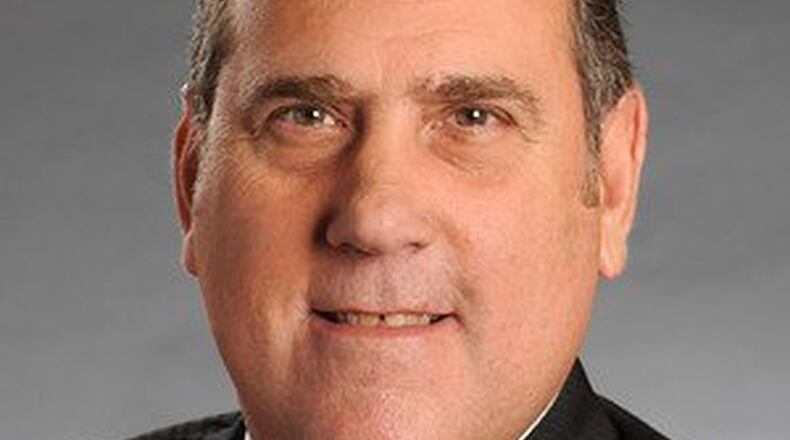A Gwinnett County state lawmaker introduced legislation that would expand its school board from five to seven members, an effort to create racial diversity on a governing body which is entirely white.
Rep. Pedro Marin, a Democrat from Duluth, introduced the legislation, House Bill 622, Wednesday. Marin proposed similar legislation earlier this month to expand the county's Board of Commissioners from five to seven members. The bills have no chance of passing this session, but will still be live for the 2018 session of the General Assembly.
Marin and other supporters of the legislation believe such changes are needed as Gwinnett, the state’s largest school district, continues its conversion from being majority white in the 1990s to now being about 70 percent non-white.
“We have a majority minority county,” Marin, who is Latino, said in an interview Friday. “The outcry is why don’t we have any diversity?”
The legislation’s critics, which include the school district’s administration, believe five board members are enough.
“To me, it’s not the color of your skin, where you’re from or the language you speak. It’s what is in your heart and what type of person you are,” said this year’s board chair, Louise Radloff, who began serving on the school board in 1973.
Race has roiled Gwinnett politics in recent months. Many activists have campaigned for County Commissioner Tommy Hunter to resign after he called civil rights icon and U.S. Rep. John Lewis "a racist pig."
Voting rights advocates filed a federal lawsuit against Gwinnett County in August, arguing school board and county commission district boundary lines have been drawn to discourage minorities from being elected to the boards. School board members are elected by voters who live within the boundary lines, not countywide. The lawsuit is ongoing.
School district administrators urged lawmakers not to pass the legislation until the court case is resolved and suggested restraint until the 2020 U.S. Census, which will count the population in the five Gwinnett districts.
“The current bill could potentially cause voters to be assigned to three different districts over the next 3 to 4 years which would create massive voter confusion,” district officials said in a statement.
Marin said he will focus on the county commission legislation because he currently has more support from Gwinnett lawmakers. The school board legislation, he said, is a “conversation starter.”
Black students now are the largest portion of Gwinnett’s student population at 31 percent, state data shows. Twenty-nine percent are Latino, 26 percent are white and 10 percent are Asian. The rest are multi-racial or Native American.
The average tenure of the five board members is 23 years. Last year, no one ran against three incumbents whose seats were up for election. In 2014, the two incumbents won handily. Gwinnett NAACP president Marlyn Tillman said it's difficult to run against an incumbent because the districts are too big and it's tough for a newcomer to build name recognition.
Tillman said school board expansion is overdue. She cited what she described as insensitive comments by board members and data showing graduation rates from black and Latino students below that of white students as proof that racial diversity is needed on the board.
State data shows the graduation rates for black and Latino students are 77 percent and 68 percent, respectively. The graduation rate for white students is 88 percent.
“You are not turning out the majority population as graduates and for higher-level learning opportunities,” Tillman said.
Here are the current board members and when they joined:
District 1: Carole Boyce. Joined in 2005
District 2: Dan Seckinger. Joined in 1995
District 3: Mary Kay Murphy. Joined in 1997
District 4: Robert McClure. Joined in 1995
District 5: Louise Radloff. Joined in 1973
About the Author
Keep Reading
The Latest
Featured



